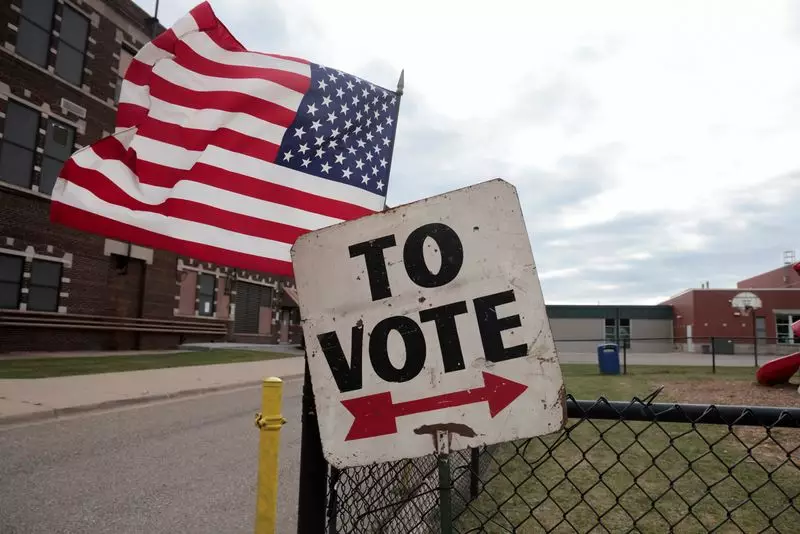The political arena in the United States recently witnessed a seismic shift with Donald Trump’s victory over Democrat Kamala Harris in the presidential election. As these results ripple through global geopolitics, China stands at a crucial juncture, preparing for a renewed strain in the already taut U.S.-China relations. Trump’s presidency previously showcased a tumultuous exchange of policies and perspectives focused on trade, technology, and security issues. With Trump’s re-election, Chinese policymakers brace for another wave of confrontations that could redefine their strategies on the global stage.
Trump’s administration is known for its assertive stance on tariffs, particularly towards Chinese imports. His threats to impose tariffs exceeding 60% and dismantle China’s most-favored-nation trading status signal a potential resurgence of trade hostilities. Economically, this poses a serious challenge for a nation that exports goods worth over $400 billion annually to the U.S. Analysts believe that this approach may destabilize China’s already vulnerable economic landscape, which is currently grappling with various internal challenges.
The prospect of renewed trade wars under a second Trump term is alarming for China. As the government realizes the implications of Trump’s policies, the focus has shifted towards enhancing domestic economic stability and technological independence. This urgency is compounded by fears that the U.S. may decouple technology and supply chains, jeopardizing not just economic growth, but also social and political stability within China.
Strategic Adaptations to U.S. Policies
In anticipation of intensified U.S. pressure, Chinese strategists are pivoting their focus onto self-sufficiency in technology and resources. This strategic shift is not a mere defensive measure; rather, it seeks to bolster China’s position amid potential sanctions and trade disruptions. As a result, there may be a concerted effort to strengthen ties with countries historically aligned with China, such as Russia, as well as expanding influence in other regions.
Moreover, political thinkers suggest that China might adopt a more pragmatic approach to diplomacy under Trump’s second administration. By offering strategic trade-offs and bargaining positions, China aims to keep U.S. attention diverted while addressing its immediate domestic concerns. Such maneuvers could allow Beijing to navigate the rough waters of international relations while ensuring that it maintains robust economic growth.
Opportunities in Global Power Dynamics
Trump’s presidency was characterized by a departure from multilateralism and international agreements, a trend analysts predict will only deepen in a second term. This paradigm shift creates a unique opportunity for China to fill the void left by the U.S., particularly in global governance and leadership roles. As Trump embraces a more transactional and isolationist foreign policy, China may initiate stronger relationships with countries in the Global South, reshaping alliances and fostering economic links in emerging markets.
Additionally, signs of thawing relations between China and neighboring countries, including a newfound cooperation with India and tentative overtures to Japan, indicate that China is actively working to strengthen its regional strategic partnerships. This diplomacy seeks not only to counterbalance U.S. influence but also to establish a reliable sphere of influence in Asia and beyond.
One notably challenging aspect of U.S.-China relations lies in Taiwan’s geopolitical situation. Trump’s administration has previously expressed controversial opinions on Taiwan’s defense funding, which raises concerns about destabilization in the region. It stands to reason that with heightened tensions, both military and diplomatic, the future of Taiwan remains precarious. The dynamics of U.S. military support for Taiwan under Trump’s leadership could aggravate these tensions, further complicating an already intricate relationship between Beijing and Taipei.
As the world witnesses the machinations of Sino-American rivalry unfold, China faces an intricate balancing act. It must navigate the rhetoric and policies of a second Trump administration while safeguarding its interests in a volatile global landscape.
Trump’s victory is likely to exacerbate existing tensions between the superpowers. However, within this climate of competition lies a potential for China to leverage new alliances and assert itself as a formidable player on the global stage, illustrating that in the corridors of power, opportunity often arises from the depths of rivalry.

